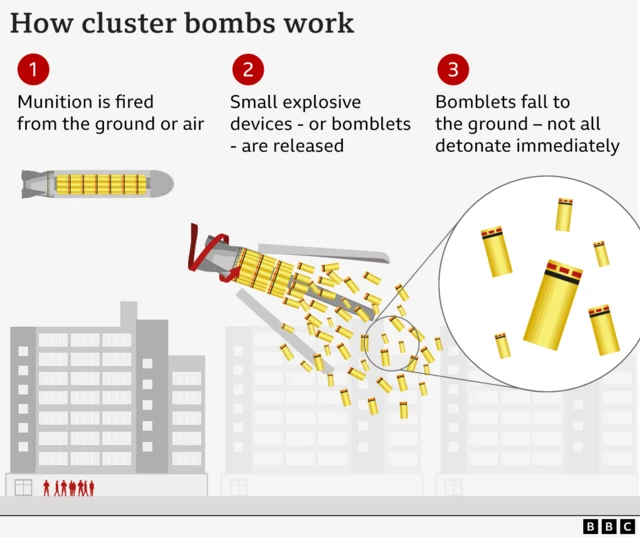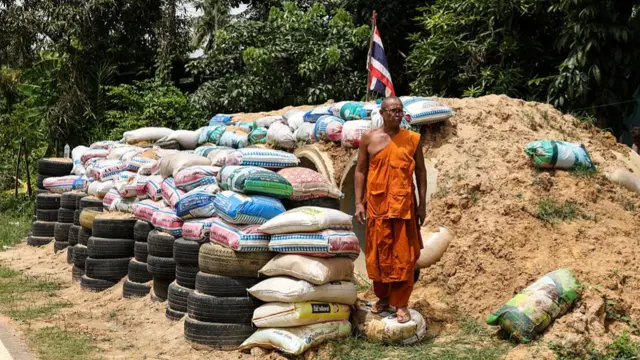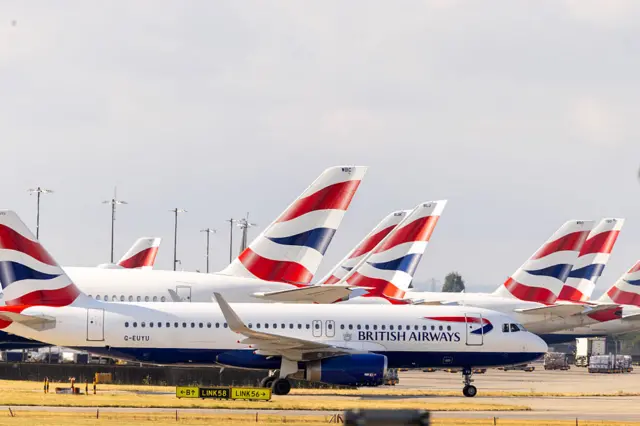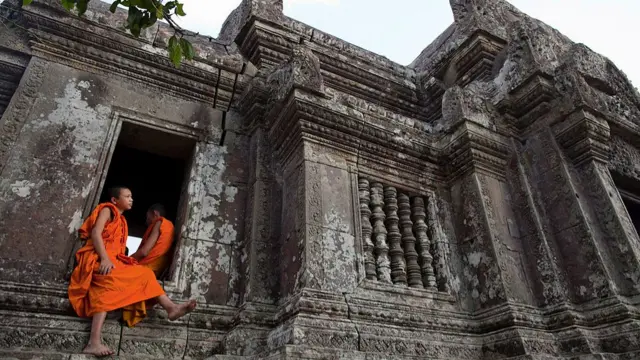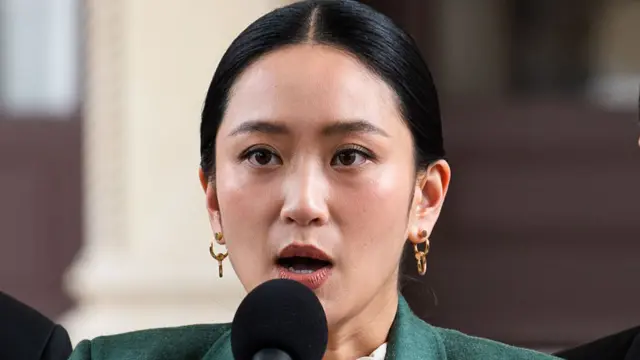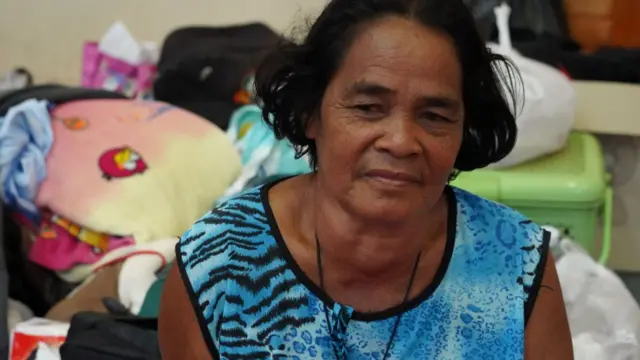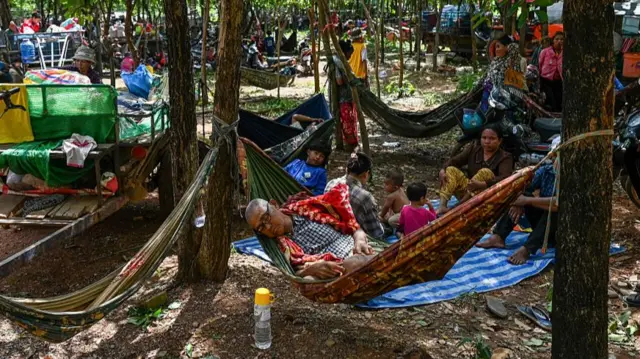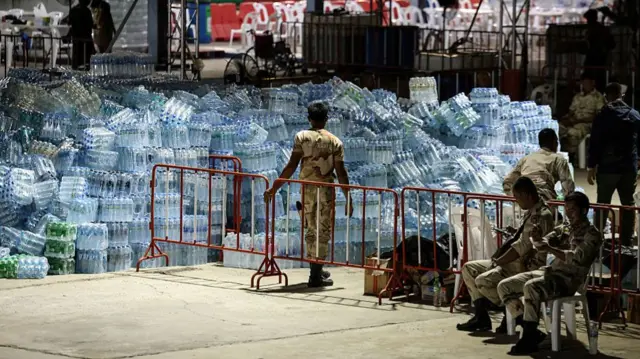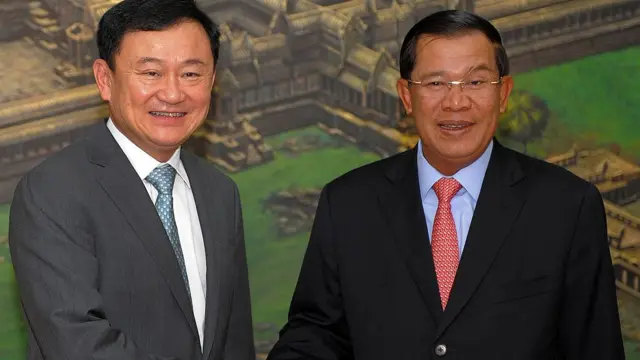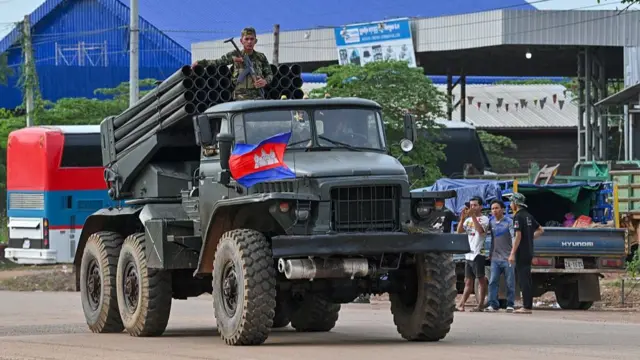Thailand and Cambodia could 'move towards war' as evacuations continuepublished at 10:06 BST 25 July
At least 16 people have been confirmed killed in border clashes between Thailand and Cambodia, while tens of thousands have been moved to evacuation centres on both sides.
The conflict entered its second day on Friday, after tensions erupted into a deadly battle at the border on Thursday morning - the latest flashpoint in a long-running dispute that dates back more than a century.
Thailand's acting prime minister Phumtham Wechayachai on Friday warned that the conflict "could escalate into a state of war" - notable escalation of his rhetoric from Thursday, when he described the situation as a "clash".
The confrontation now involves heavy weapons, he added. Cambodia has meanwhile accused Thailand of using banned cluster munitions at a border area within Cambodian territory.
We're winding down our live coverage for today, but if you want to know more about why Thailand and Cambodia are fighting you can read our explainer here. There is also this analysis on why the root of this conflict is the breakdown of an old friendship.
Our latest news piece on the conflict is here.
